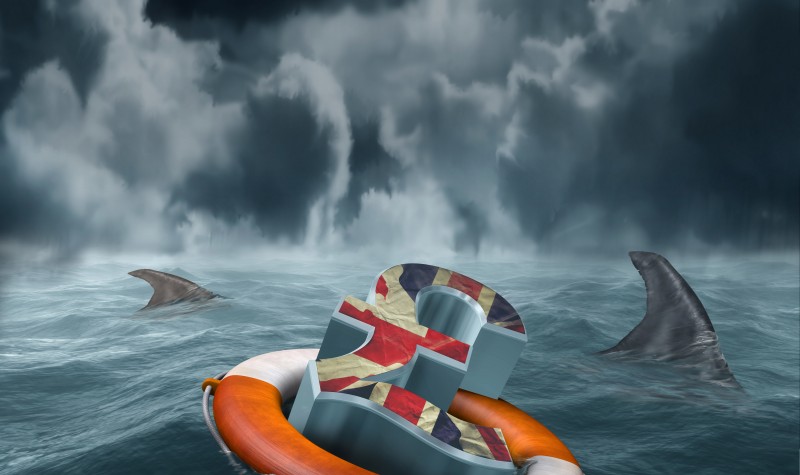May 7th 2015: The End Of The UK As We Know It

It has been a somewhat surreal lead up to the General Election, with the FTSE 100 holding near 7,000, and Sterling holding above $1.50 despite all the uncertainties. Presumably most of us are in denial regarding how much turbulence there could be in the wake of the most hung of hung parliaments. Presumably, things could turn out to be so tight that even a fresh election may need to be called, something which would echo what happened in 1974.
The new Royal baby managed to get her names the wrong way round to what they should have been: Diana, Elizabeth, Charlotte, presumably as Prince Charles would not have exactly loved calling out the name of his late estranged spouse to his beloved granddaughter. But at least Tories will be hoping that Her Royal Highness may be able to bring in some good old patriotic fervour and “right” thinking back in their favour today. However, for some unfathomable reason the polls seem to be indicating that it will be Labour, SNP and presumably even LibDem, to oust Cameron’s Chumocracy. For all intents and purposes the past 5 years have been a success with the economy growing, unemployment down below 6% and a booming housing market which most in the South East could have surfed profitably with relative ease.
The big mystery is that serving up all of this has not apparently been enough to deliver a resounding Conservative majority. This is especially so given the way that Ed “Edstone” Miliband is generally accepted to have all the personal charm and leadership qualities of a paving stone. Normally, in the manner of Neil Kinnock, one would imagine this would be enough to give the baton back to David Cameron again. However, even the most fervent Tory would confess that despite having a PR background Mr Cameron really does represent the worst of what a career politician is – his “career-defining” gaffe only serving to underline this point. Indeed, his true colours were revealed previously in the run up to the Scottish Referendum in September, when it really did feel as though it was not so much that he did not what to see Scotland go, but that the break up of the UK on his watch really would have been unhelpful for his CV.
Ironically, all the “English” parties including UK may now be wishing that our Scottish friends did not allegedly have their ballot papers fiddled by MI5 (we all love a conspiracy theory), and had headed off into the sunset in the autumn. It would have been perfect timing for the oil price collapse, and one would suspect the SNP would be rather less popular than it is now. Instead, Nicola Sturgeon is now likely to be the Kingmaker, having total control in her own country and effective control in the country of the old enemy. In this case we have a perfect example of how the best way to win can sometimes be to lose first time around.
In conclusion, the result probably does not matter as much as we may fear in terms of Westminster, where the mix of parties will essentially have to learn to live with each other. The main casualty is the UK’s reputation as a politically stable entity. Investors have already voted with their feet as per the quote from the 4th May Master Investor Market Report:
“Capital exodus from the UK – Investors have withdrawn an unprecedented $365 billion from the UK over the past 15 months. There are widespread concerns that the domestic political climate will turn sour in the aftermath of the General Election. During the month of March, outflows accelerated to $24 billion.”
These are numbers that no country can afford to lose, and for whom severe economic implications almost always follow.
Comments (0)